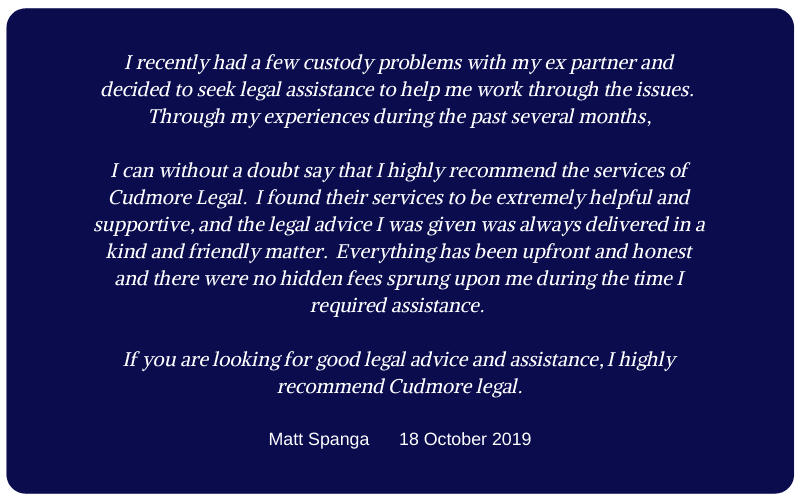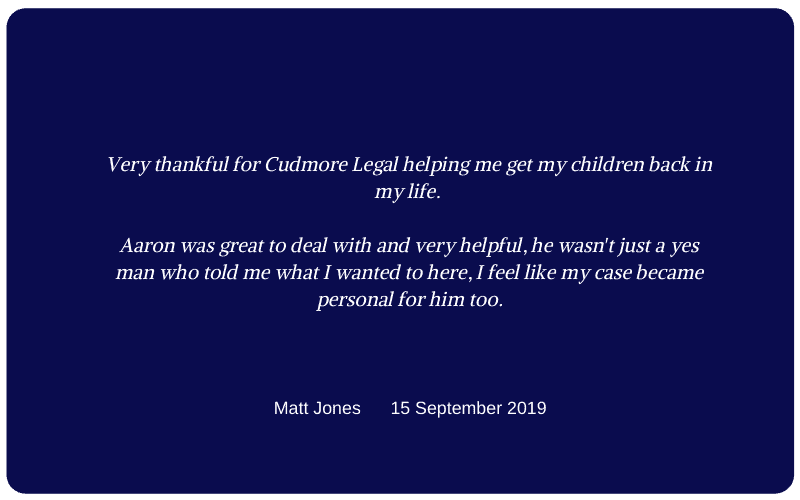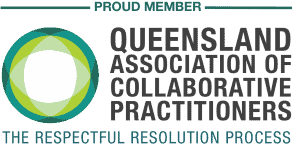Sole Custody and Sole Parental Responsibility
Sole custody and sole parental responsibility usually go hand in hand; however, they are not the same thing.
What is sole parental responsibility?
Sole parental responsibility means to be completely responsible for the long-term decisions of the child’s life. This means having sole control over what religion the child is, what medical treatment they accept, cultural upbringing, what school they will go to, what diet they will have. It means absolute 100% responsibility for all major life long decisions within the child’s upbringing, until such time as the children attain the age of eighteen (18) years.
Long term decisions of the children should not be confused with decisions about the day-to-day issues regarding the children. You can have sole parental responsibility and still share custody, sole parental responsibility and sole custody are not the same thing.
In determining sole parental responsibility, the Court should provide sole parenting to one parent; that person must provide the Court with full details on all matters relevant to their claim against their former spouse. The court may choose to give greater weight to sole parental responsibility because this consideration is over a relationship with both parents and is in the best interest of the child. Therefore, if the other parent is causing harm to the child – physical or psychological harm – the court will order sole parental responsibility as the solution.
Sole Parental Responsibility Video
What is sole custody?
When someone is discussing sole custody what they really mean is they want to make all decisions and spend all time with the child. They want to have sole parental responsibility and sole care of the child. They do not share the care of the child with the other parent or anyone else.
Sole Parental Responsibility Vs. Shared Parental Responsibility
Sole parental responsibility means that only one parent is actively involved in crucial decision-making regarding the children. Alternatively, shared parental responsibility gives both parents equal rights to decide on the long-term decisions concerning the children of the relationship.
To obtain equal shared parental responsibility, parents will have to show and prove to the court that they both have the child’s best interest. In determining this, the Court will consider:
- The nature of the relationship between the child and both parents
- Whether the child is closer to one parent – do they have a more meaningful relationship?
- Evidence of the other parent’s inability to make sound decisions or their lack of involvement
- Physical and psychological harm
- Whether there are reasonable grounds to believe there has been family violence or domestic violence in the relationship
- Whether there are reasonable grounds to believe that the child’s safety is at risk because of family violence or domestic violence in the relationship.

Do you still receive child support if you have sole parental responsibility?
Child support still applies even if you have sole parental responsibility.
Is shared parental responsibility the same as joint custody?
Shared parental responsibility is not the same as joint custody. As joint custody presumably means equal parental responsibility and equal care. Shared parental responsibility means that even if the children do not live with both the parents, the parents are still expected to communicate and make a genuine effort to agree on major long-term decisions pertaining to the children. These decisions include:
- The children’s legal names;
- The children’s health, especially matters dealing with medical procedures;
- The children’s cultural and religious upbringing;
- The children’s future and current education;
- The authorisation of their children’s travel documents; and
- The children’s living arrangements.
Is it possible to have sole parental responsibility but joint time?
Yes if practical, it is possible for one party to be ordered sole parental responsibility and still share time with the other parent or even grandparent.
How do you get sole custody?
In order to get sole custody you need to rebut the presumptions of equal shared care, to do this:
- prepare an affidavit of why the other parent should not have time with the child
- compile evidence to support your case
- apply to the court for a no time order or for a supervised time order
- present your case on why the parent should not be involved in the decisions
- present your case on why the other parent should not have time with the child
- wait for the judge to decide
- comply with the family court orders given
Sole custody is commonly thought of as the child living with a parent and that parent having full decision making authority about the child. So sole parental responsibility differs from this common concept in that living arrangements are separate from parental responsibility.
The court is generally reluctant to grant sole parental responsibility. However, there are some circumstances where it may be granted. The court may grant sole parental responsibility if the child’s parents cannot communicate effectively, or they have conflicting views on certain issues – for example child’s welfare, health and education. What the court can do is order sole responsibility specifically for particular matters. The best interests of the child will always be a priority to the court.
Presumption of equal shared care
The family law act in Australia presumes two things unless proven otherwise, it presumes parents should have shared parental responsibility and if parents have shared parental responsibility they should have equal shared care.
If you rebut the presumption of shared parental responsibility you do not need to rebut the presumption of equal shared care.
How do you rebut the presumption of equal shared care?
Pursuant to the Family Law Act, the law will assume that it is in the children’s best interests for both parents to share parental responsibility regarding the children of the relationship.
As such, an Application will need to be made to the Federal Circuit Court of Australia with orders seeking sole parental responsibility rebutting the presumption of equal shared parental responsibility. Such grounds to rebut the presumption include whether:
- one of the parents is subjecting the child or children to physical or mental abuse.
- the child or children have been subjected to family violence.
- one parent is making decisions contrary to the children’s best interests.
- one of the parents has a mental health illness that restricts them from making sound decisions pertaining to the children.
- there are concerns that the parents will not be able to communicate or agree on crucial decisions concerning the children.
After considering the above the next paramount consideration for the Court when making parenting orders is whether the orders are in the children’s best interests. If the court orders are then the parent will be given sole parental responsibility.
It is important to consider when obtaining sole parental responsibility that it is difficult to rebut the presumption of equal shared responsibility. Hence, the Court will only grant sole custody in rare circumstances but this will be different for granted sole parental responsibility cases.
Contact Cudmore Legal For A Child Custody Lawyer Initial Consult
If you believe that you’re in a situation that requires you to obtain sole parental responsibility, we highly recommend you seek legal advice and representation with an experienced and trusted family law firm. Prevent further emotional harm and speak to a family lawyer and we can assess the likelihood of such a court order. Our family lawyers at Cudmore Legal will provide guidance and help you determine the best course of action in this high-conflict situation. Cudmore Legal Family Lawyers can work with you to develop a sole parental responsibility plan suited to your needs.
















